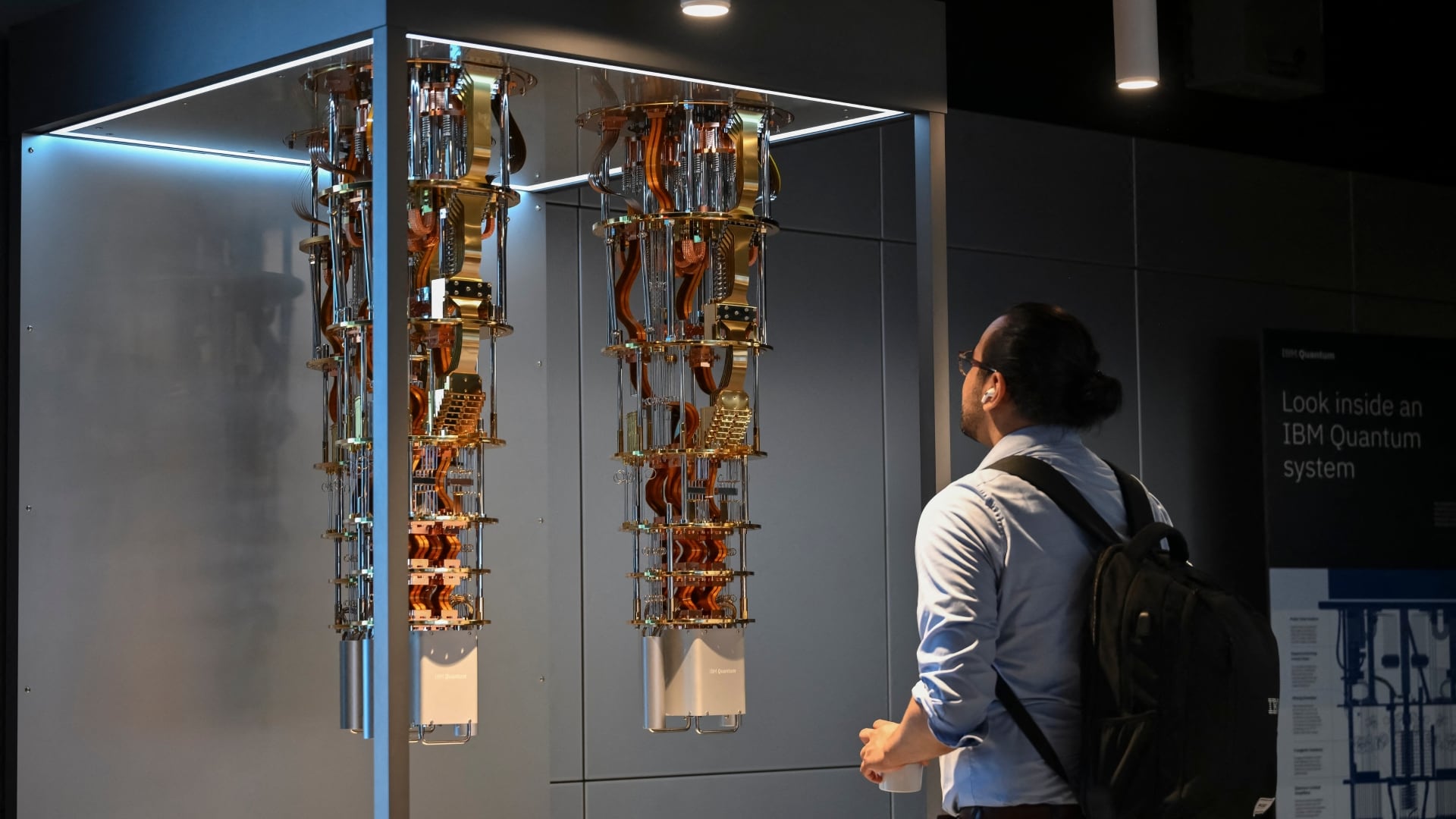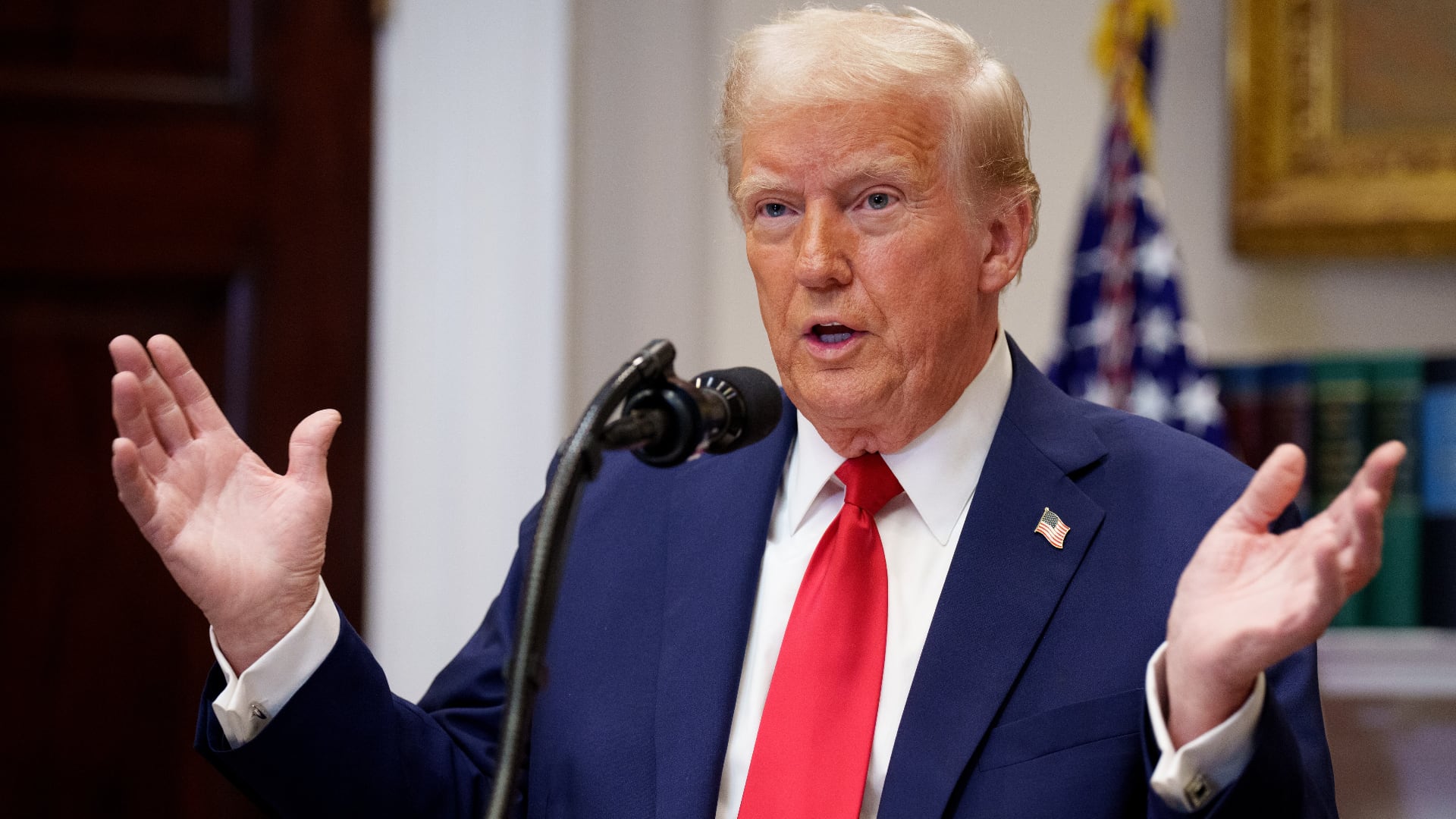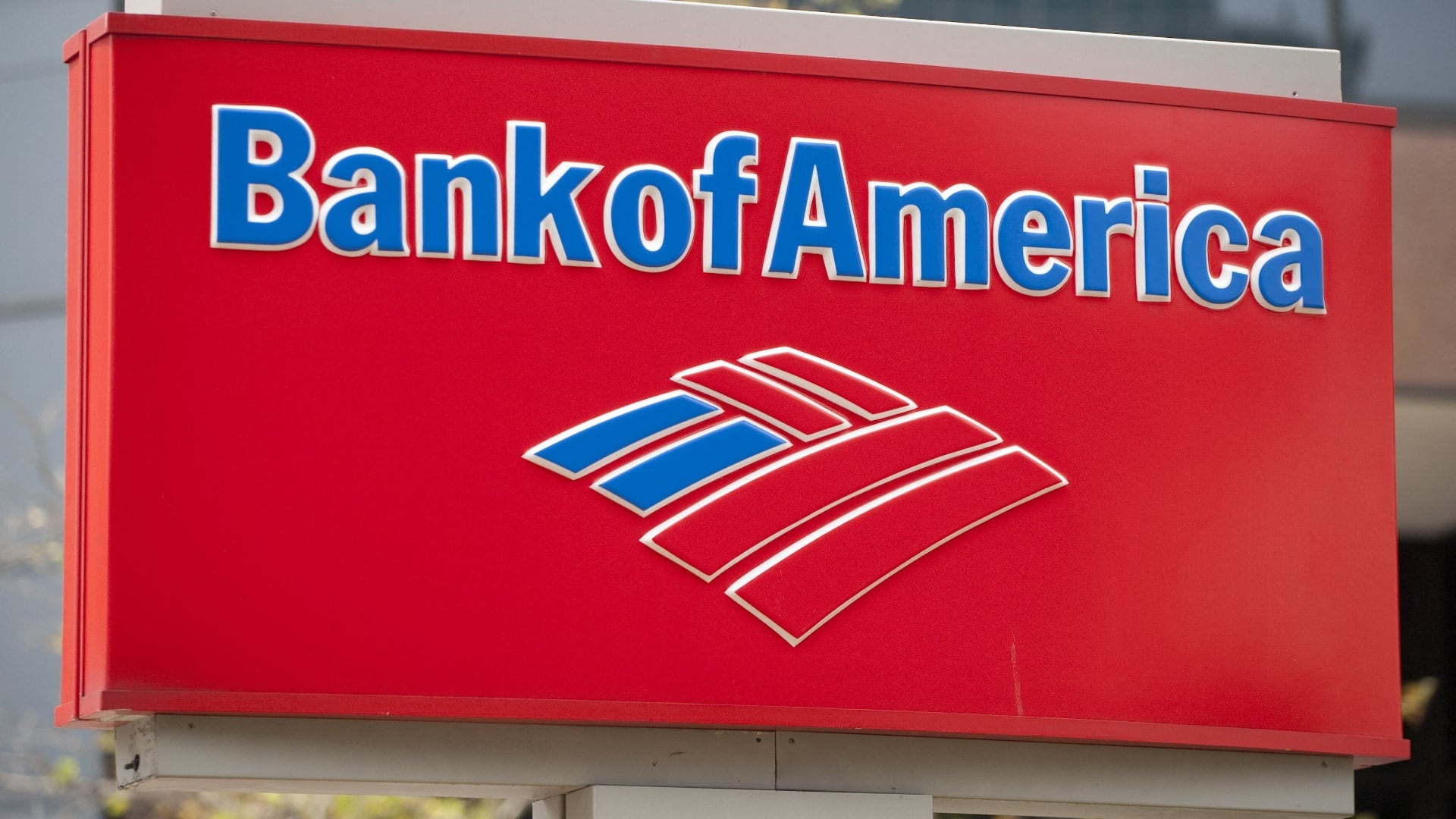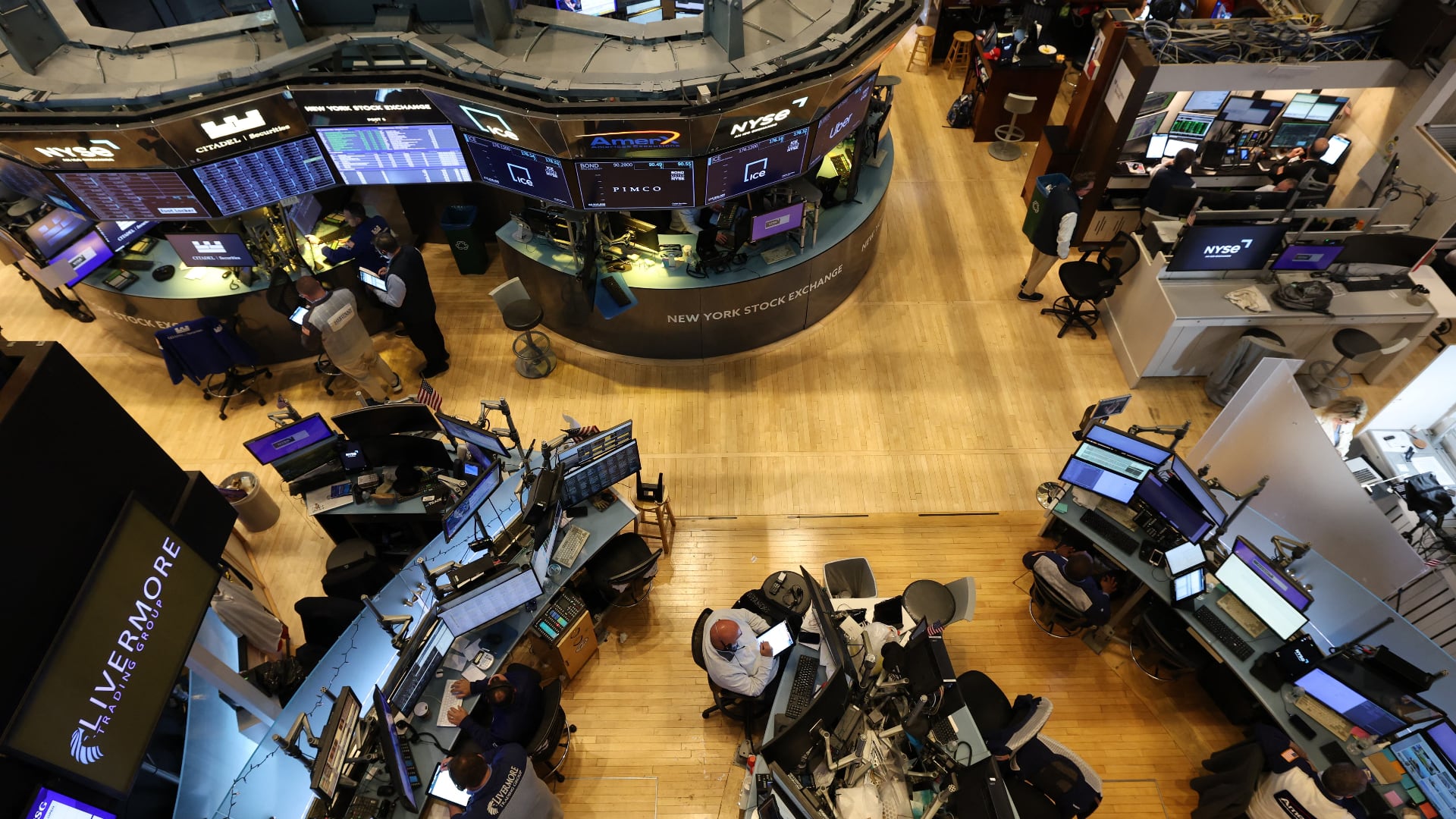By Damian J. Troise an Alex Veiga
Stocks closed broadly lower Tuesday after Russia sent forces into Ukraine’s eastern region and the U.S., European Union and U.K. responded with economic sanctions.
The rising geopolitical tensions kept financial markets on edge, pulling the S&P 500 into a correction — Wall Street speak for a drop of at least 10% from its recent peak, but no more than 20%.
The benchmark index fell 44.11 points, or 1%, to 4,304.76. That puts it 10.3% below the all-time high it set on Jan. 3. The last correction for the index was in the spring of 2020, as the pandemic upended the global economy. That correction worsened into a bear market — a decline of 20% or more — as the S&P 500 sank nearly 34% in about a month.
“We’re overdue, and right now the market has been knocked for a loop from the one-two punch of higher interest rates plus geopolitical tensions,” said Sam Stovall, chief investment strategist at CFRA.
The Dow Jones Industrial Average and Nasdaq composite also lost more than 1%.
The latest losses come as investors closely watched the crisis in Ukraine a day after Russia recognized the independence of several regions in Eastern Ukraine and decided to send in forces. On Tuesday afternoon, President Joe Biden announced the U.S. was ordering heavy financial sanctions against Russian banks and oligarchs, declaring that Moscow has flagrantly violated international law by invading Ukraine. Biden also said the U.S. was moving additional troops to the Baltic states on NATO’s eastern flank.
Earlier in the day, the 27 European Union members unanimously agreed to levy their own initial set of sanctions targeting Russian officials over their actions in Ukraine.
U.S. crude oil prices jumped 1.4% after earlier rising more than 3% as energy markets remained volatile. European natural gas prices jumped after Germany withdrew a key document needed for certification of the Nord Stream 2 gas pipeline from Russia.
European stock markets, which have been particularly sensitive to developments in the Russia-Ukraine crisis, closed mostly lower.
The Dow Jones Industrial Average fell 482.57 points, or 1.4%, to 33,596.61. The blue chip index had been down more than 700 points in the early going. The Nasdaq slid 166.55 points, or 1.2%, to 13,381.52.
Home Depot was the biggest weight on the Dow and the biggest decliner in the S&P 500. It slumped 8.9% as concerns over the home-improvement retailer's profit margins outweighed an otherwise solid quarterly financial report.
Technology stocks, which have an outsized impact on market indexes because of their pricey valuations, also weighed heavily on the S&P 500. Apple shed 1.8%.
Small company stocks fared worse than the broader market. The Russell 2000 index fell 29.16 points, or 1.5%, to 1,980.17.
Bond yields rose. The yield on the 10-year Treasury rose to 1.93% from 1.92% late Friday. Stock and bond markets were closed on Monday for the Presidents Day holiday.
The crisis in Ukraine is yet another concern for investors who have begun 2022 trying to determine how the economy will fare amid rising inflation and looming interest rate hikes. Companies face supply chain problems and higher raw materials costs as demand for goods outpaces supply. The Federal Reserve plans on raising interest rates to combat inflation, but Wall Street is uncertain about how the number of rate hikes and their frequency will impact the broader market and economy.
Investors also focused on the latest round of corporate report cards, especially from department stores. Shares in Macy's and Dillard's initially rose after reporting solid quarterly results, but ultimately shed their gains. Macy's fell 5% and Dillard's slid 4.4%.
Mattress maker Tempur Sealy International fell 19.4% after reporting disappointing financial results.
Deal making also helped lift several stocks. Television station owner Tegna rose 7.1% following a report that it's being bought by Standard General. Book publisher Houghton Mifflin Harcourt rose 15% on news it's being bought by Veritas Capital.
____
Veiga reported from Los Angeles.
Updated on February 22, 2022, at 4:21 p.m. ET.













